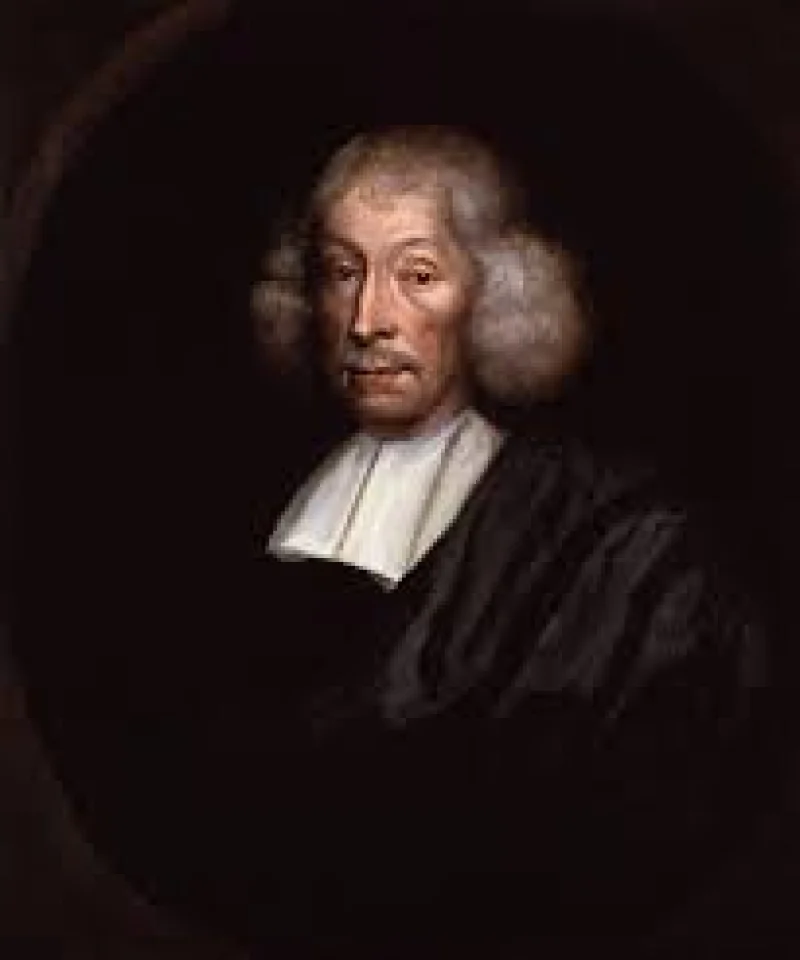Short Summary
Leonhard Euler was a pioneering Swiss mathematician and physicist, renowned for his profound impact on various fields of mathematics. Born in the 18th century, he made significant contributions to calculus, graph theory, topology, and introduced much of the modern mathematical terminology and notation still in use today. Euler's prolific output and foundational work in mathematics and science have made him one of the most influential mathematicians of all time.
Early Life & Education
Leonhard Euler was born on April 15, 1707, in Basel, Switzerland. He was the eldest of six children in a religious family, and his father was a pastor. Euler showed an early aptitude for mathematics, a talent which was nurtured by his father's friend, the renowned mathematician Johann Bernoulli. Euler attended the University of Basel, where he completed his studies at the age of 16. Under Bernoulli's mentorship, Euler was encouraged to pursue mathematics rather than theology, which significantly influenced his future career path.
Career Highlights
Euler's career was marked by numerous academic appointments and prolific publishing. After completing his education, Euler began working at the St. Petersburg Academy of Sciences in Russia in 1727. He later moved to the Berlin Academy of Sciences, where he spent 25 years before returning to St. Petersburg. Euler was a prolific writer, producing over 800 papers and books on topics ranging from pure mathematics to mechanics and astronomy. His ability to work despite almost total blindness in his later years is a testament to his dedication and genius.
Major Achievements
- Developed Euler's formula, which establishes a deep relationship between trigonometric functions and complex exponentials.
- Published "Introductio in analysin infinitorum," which laid the groundwork for modern analytic mathematics.
- Contributed to the development of graph theory with the famous Seven Bridges of Königsberg problem.
- Introduced the notation for the function f(x), the letter "e" for the base of natural logarithms, and the Greek letter "Σ" for summation.
- Made significant contributions to mechanics, fluid dynamics, optics, and astronomy.
Famous Quotes
- "Mathematicians are like lovers. Grant a mathematician the least principle, and he will draw from it a consequence that you would not suspect."
- "To those who ask what the infinitely small quantity in mathematics is, we answer that it is actually zero."
Interesting Facts
- Euler was almost completely blind for the last 17 years of his life but continued to produce work at an astonishing rate.
- He is the only mathematician to have two numbers named after him: Euler's number (e) and the Euler-Mascheroni constant (γ).
- Euler's work in fluid dynamics laid the foundation for the field of hydrodynamics.
- He had thirteen children, though only five survived to adulthood.
Legacy / Influence
Euler's contributions have left a lasting legacy in mathematics and science. His work forms the backbone of many areas in mathematics, including analysis, number theory, and topology. The notations and techniques he introduced are still used by mathematicians today, reflecting his profound influence. Euler's ability to solve complex problems and communicate his ideas clearly has inspired generations of mathematicians and scientists.
FAQ
Q: Why is Leonhard Euler famous?
A: He is famous for his groundbreaking contributions to mathematics and the introduction of much of the modern mathematical notation.
Q: What is Euler's formula?
A: Euler's formula is \( e^{ix} = \cos(x) + i\sin(x) \), establishing a fundamental relationship between exponential and trigonometric functions.
Q: Did Euler invent the concept of a graph?
A: Euler is credited with founding graph theory, particularly through his analysis of the Seven Bridges of Königsberg problem.
Q: How did Euler work despite his blindness?
A: Euler relied on his remarkable memory and mental calculation abilities, dictating his works to scribes.













